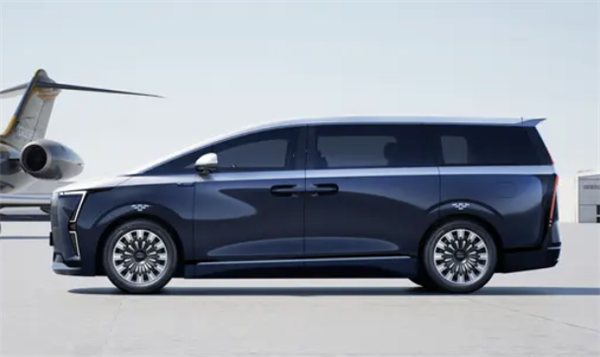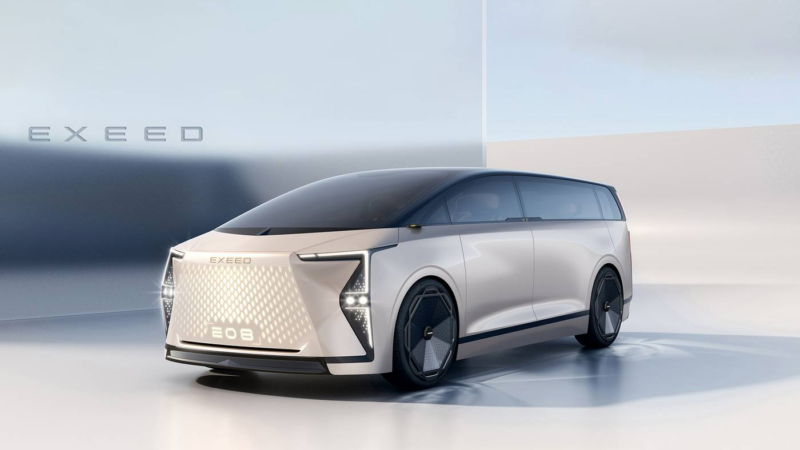Huawei and Chery-backed Luxeed to deliver HIMA’s first electric MPV, targets the 50,000 USD segment
Chery has terminated development of its Exeed Exlantix E08 luxury MPV to consolidate resources under the Huawei-backed Luxeed. The move positions Luxeed’s EHV model, built on the E0X-L platform, to become Harmony Intelligent Mobility Alliance’s (HIMA) first MPV when it launches in early 2026.
According to Chinese media 21st Century Business Herald, a portion of Exlantix E08’s engineering team has been transferred to Luxeed’s EHV program, which offers both pure-electric and extended-range variants with CATL batteries. Luxeed EHV targets the 50,000 USD segment, while the cancelled E08 was positioned near 30,000 USD. Chery confirmed this “strategic de-escalation” to avoid internal competition between its premium EV sub-brands.
The decision aligns with surging EV MPV demand: MPV sales in China grew 49.7% year-on-year in H1 2025, reaching 214,100 units. With HIMA’s first MPV confirmed by Huawei’s Richard Yu, Luxeed’s EHV now leads the race against rumoured offerings from Aito (Seres) and Stelato (BAIC).

Clash of twins: Luxeed vs. Exeed Exlantix
The Huawei-backed Luxeed brand, the second marque under HIMA, has encountered growing pains in its collaboration with Chery, particularly in balancing production priorities between Luxeed and Chery’s in-house Exlantix line.
Launched on November 28, 2023, the Luxeed S7 electric sedan debuted as a tech-forward rival to Tesla’s Model 3, with Huawei’s Harmony OS and ADS 2.0 driving system. However, just a month later, Chery’s own Exlantix ES entered the market with strikingly similar specs: nearly identical dimensions, battery options (both powered by CATL), and a shared E0X platform.
Despite strong demand – 20,000+ pre-orders announced by Huawei’s Richard Yu at launch – the Luxeed S7 faced immediate production hurdles: The dedicated “Super Factory 2,” meant to build the S7, lagged in equipment installation and staffing, forcing Chery to shift production to its already congested Super Factory 1 in Wuhu (home to the Tiggo 8, Tiggo 9, and Exlantix ES). Promised 4–6 week deliveries stretched to 12+ weeks, sparking customer frustration. Meanwhile, Exlantix ES buyers received vehicles in as little as 15 days, fueling perceptions of unequal resource allocation.



